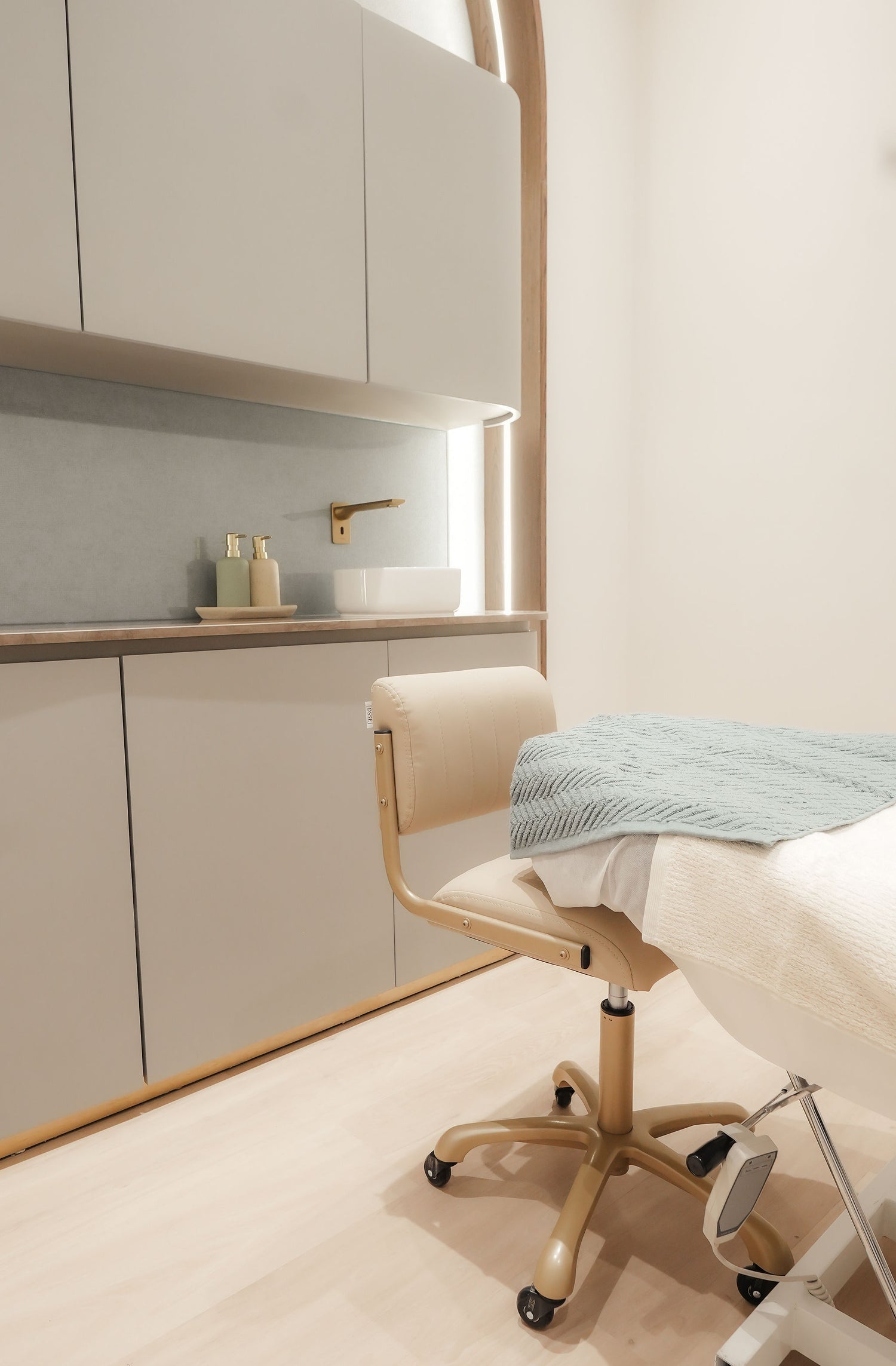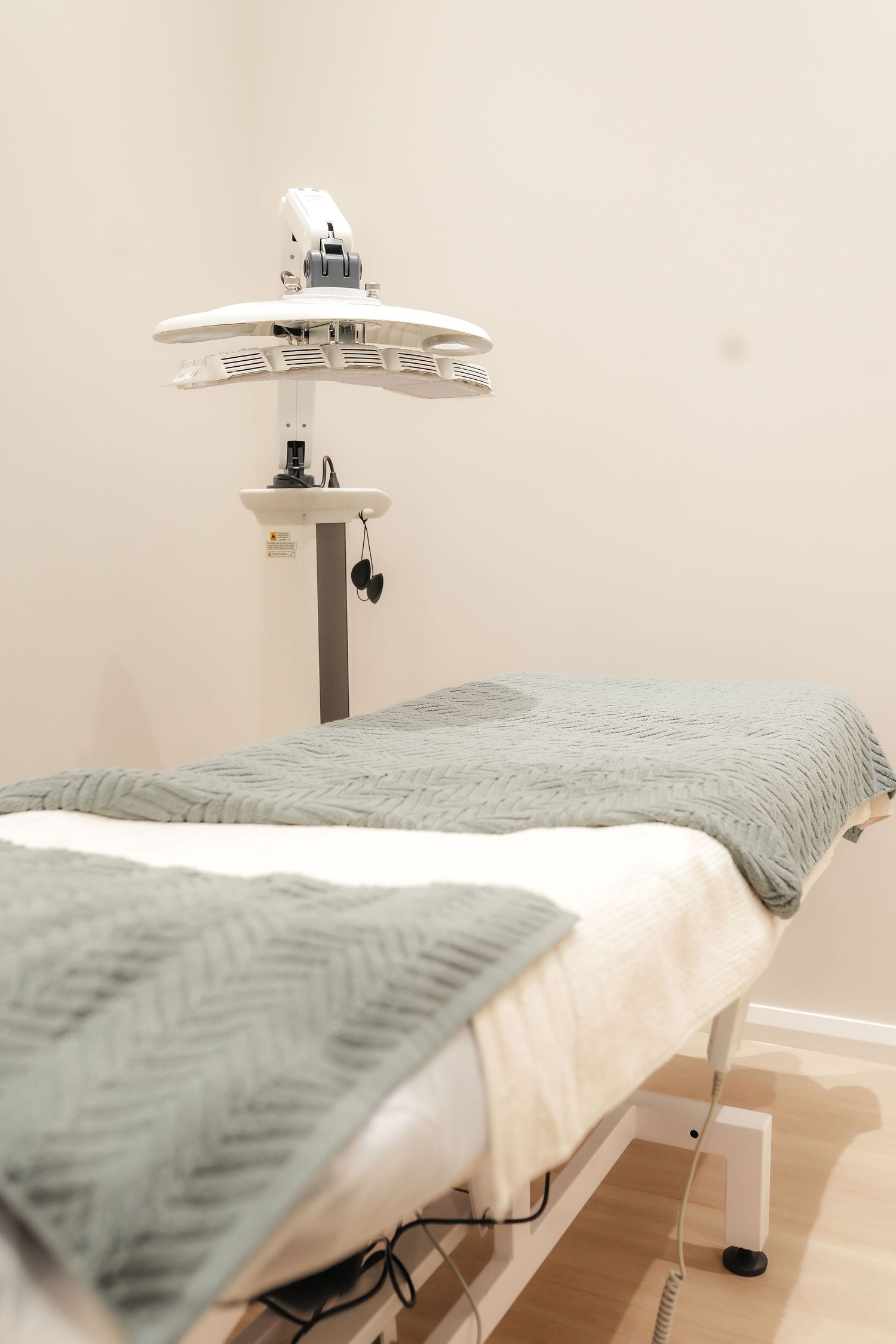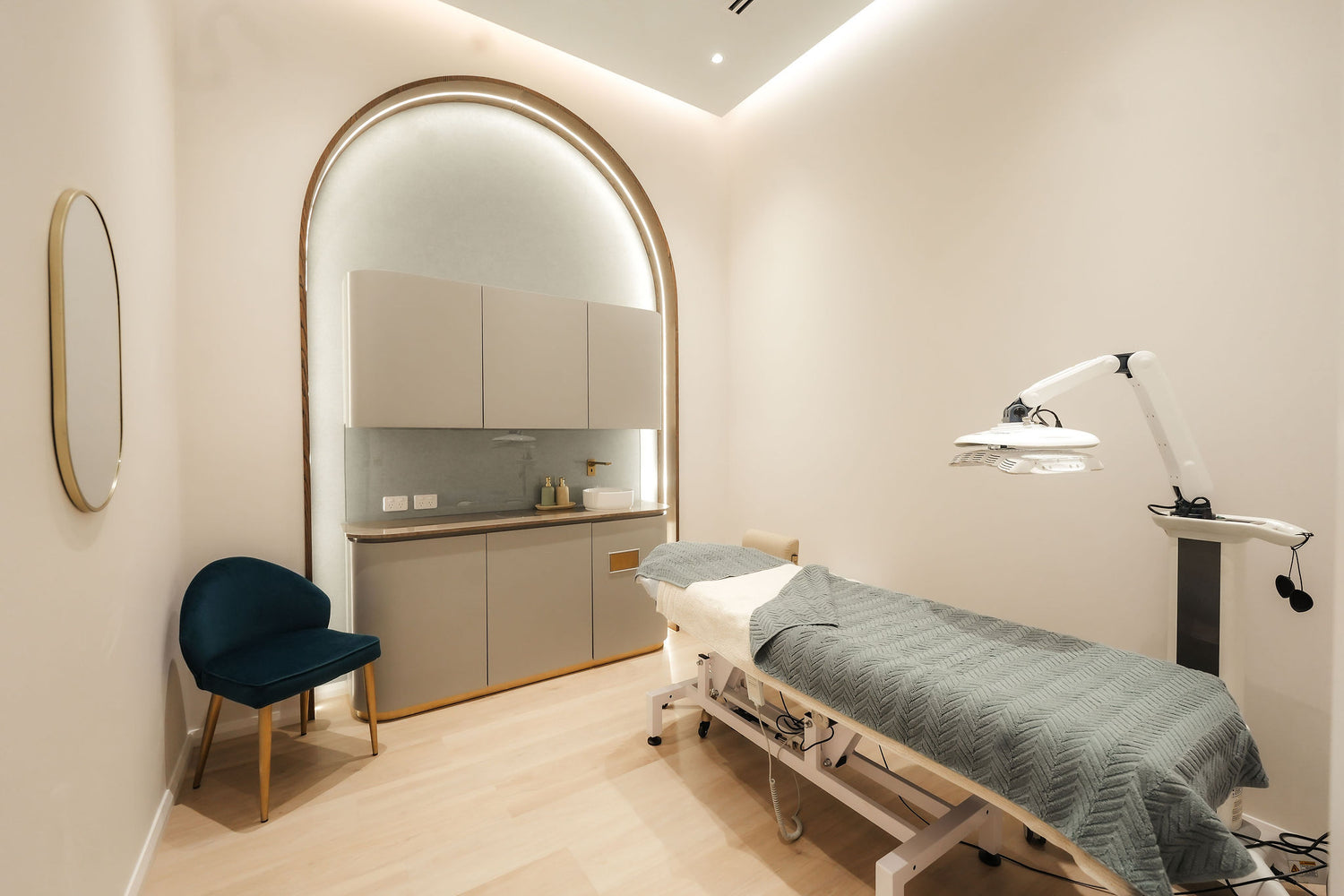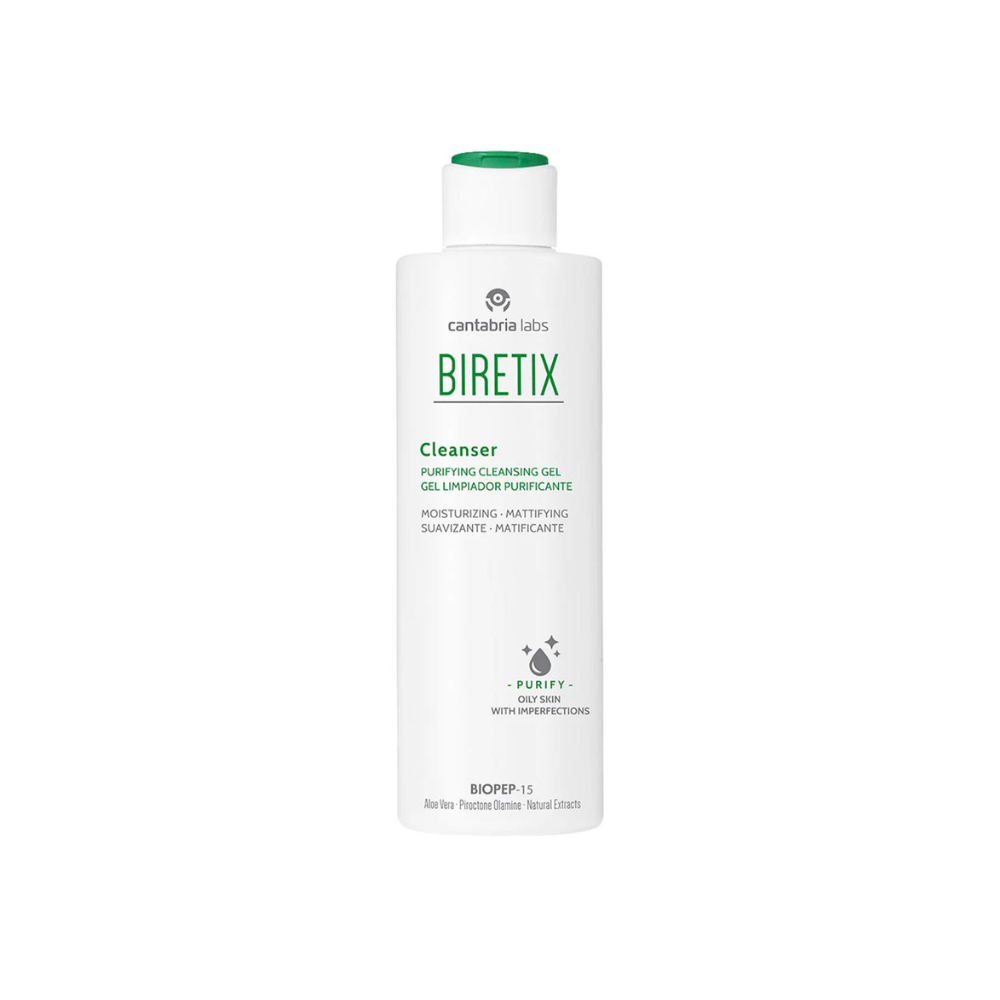Feel More Confident with Clear and Balanced Skin.
Acne is a common and sometimes challenging skin concern that can affect people of all ages. Our specialised acne treatments and products target the root causes, such as excess oil production, clogged pores, and bacteria, to help clear your skin and prevent future breakouts.
With customised solutions that include medical-grade skincare, advanced laser therapy, and expert advice on lifestyle changes, we reduce inflammation, speed up healing, and improve your skin’s overall health.

What is Acne?
Acne is one of the most common skin conditions, affecting people of all ages, though it’s often associated with adolescence. Characterised by blackheads, whiteheads, pimples, and sometimes cysts or nodules, acne can impact not only the skin’s appearance but also a person’s self-confidence.
Acne occurs when hair follicles become clogged with oil and dead skin cells, leading to inflammation. While hormones are often the primary trigger, other factors like genetics, diet, stress, and environmental factors can play a significant role in its development. It’s a condition that varies in severity, from occasional breakouts to chronic, painful inflammation.
Acne is not just a teenage issue – adult acne stems from hormonal fluctuations, including those related to menstruation, pregnancy, or menopause. It can also be linked to underlying health concerns such as polycystic ovarian syndrome (PCOS).
Beyond the physical blemishes, acne can leave lasting scars and pigmentation, especially in individuals with darker skin tones. Early intervention and tailored treatment plans are essential for managing both active acne and preventing long-term damage.
Our team can help you achieve clearer, healthier skin with stubborn hormonal breakouts or post-inflammatory pigmentation.
With the right treatment, acne doesn’t have to be a life-long struggle – it’s a condition that can be effectively managed with proper care.

Recommended Treatments
Effective acne treatment requires a holistic approach. At Dr. D Cosmetics, we use a combination of medical-grade skincare, advanced treatments like LED light therapy, laser treatments, chemical peels, and customised home care to target acne at its source.
ACTIVE ACNE
POST ACNE / POST INFLAMMATORY SCARRING
Recommended Products for Acne
Book a Skin Consultation
Schedule your consultation and let our expert team provide personalised advice for your unique needs and help you achieve your goals with a customised plan.
Frequently Asked Questions
What causes acne?
Acne occurs when hair follicles become blocked with oil (sebum) and dead skin cells. Hormonal changes, bacteria, genetics, stress, and certain skincare products can also trigger acne. Common areas affected include the face, back, and chest.
What types of acne are there?
Acne can range from mild to severe. The main types include:
- Whiteheads: Closed, clogged pores.
- Blackheads: Open, clogged pores.
- Papules: Small, inflamed bumps.
- Pustules: Pimples with pus at the tip.
- Nodules: Large, painful lumps beneath the skin.
- Cysts: Deep, pus-filled lumps that can lead to scarring.
How do acne scars form?
Acne scars form when breakouts penetrate deeply into the skin and damage the tissues beneath. The skin tries to heal itself by producing collagen, but too little or too much can result in scarring.
There are two main types of acne scars: atrophic (depressions in the skin) and hypertrophic (raised scars).
Can acne scars be treated?
Yes, a range of treatments can improve the appearance of acne scars. Options include:
- Laser resurfacing: Promotes collagen production and smooths the skin’s surface.
- Microneedling: Creates tiny punctures in the skin to stimulate healing and collagen production.
- Chemical peels: Exfoliate the top layer of skin, improving texture and tone.
- TCA Cross Peel: Specifically targets deep scars by applying trichloroacetic acid to increase collagen production.
- Dermal Aesthetics: Can temporarily fill in atrophic scars.
How long does it take to see results from acne treatments?
This depends on the type of treatment and severity of the acne. Topical treatments can take several weeks, while professional treatments like laser therapy or chemical peels may show more immediate results after a few sessions. Consistency and patience are key.
Can acne be prevented?
While it’s difficult to prevent acne entirely, maintaining a good skincare routine, using non-comedogenic products, managing stress, and following a healthy diet can help minimise breakouts. It’s also important to avoid picking or squeezing pimples, as this can lead to scarring.
Will diet affect my acne?
There’s evidence suggesting that certain foods, such as those with a high glycaemic index (e.g., processed carbohydrates and sugars), may trigger breakouts. Dairy may also contribute to acne in some individuals. A balanced diet rich in fruits, vegetables, and whole grains can support overall skin health.
How can I minimise the risk of scarring?
To reduce the risk of scarring, it’s important to treat acne early and avoid picking or squeezing pimples.
Using specific skincare products, sun protection, and acne treatments recommended by a dermal therapist can also help prevent long-term damage to the skin.






